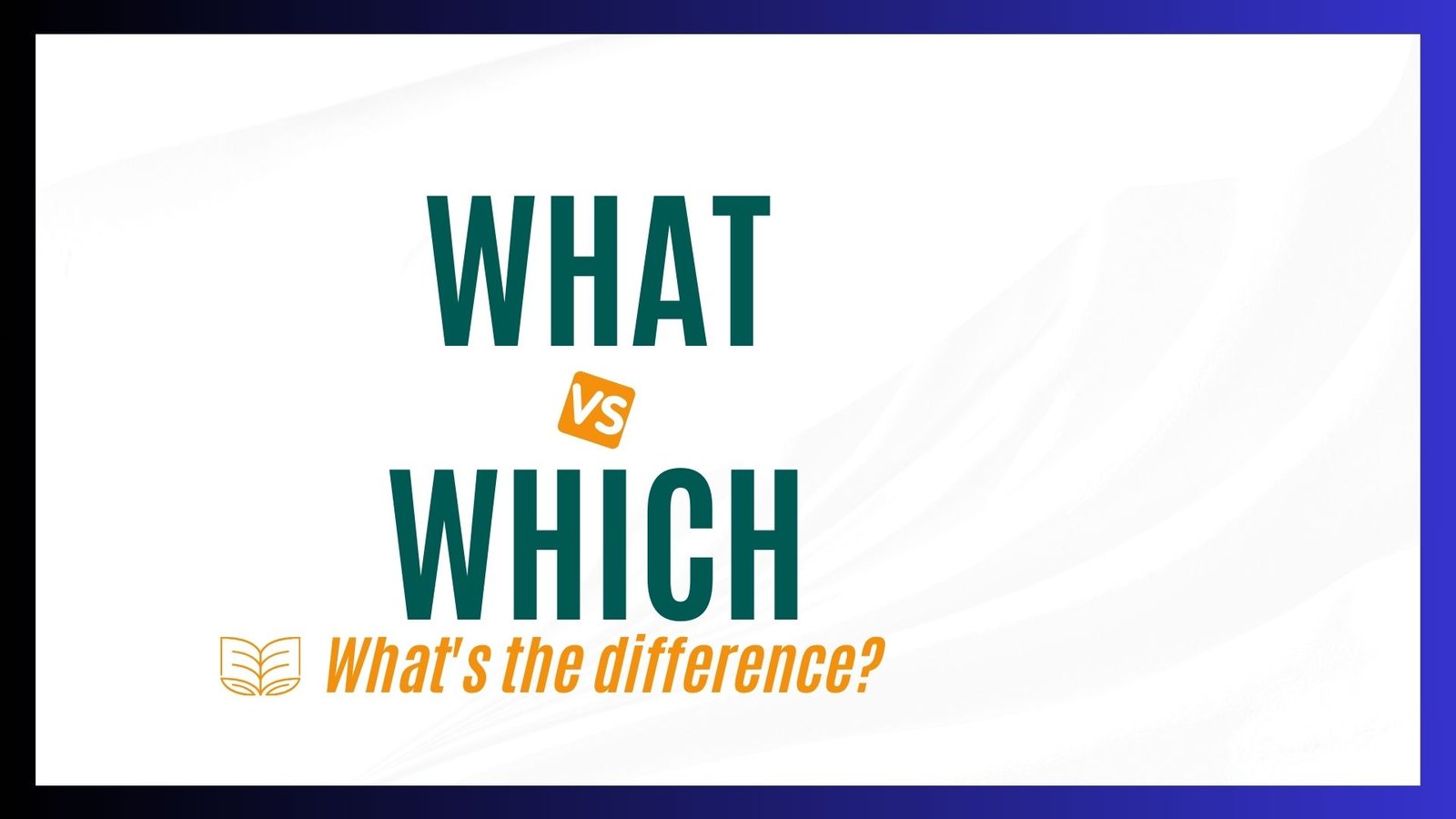

PETRA YVONNE ENGLISH
What's the difference?
Likely vs Probably
Likely
If something is likely, it will probably happen or is expected. It is more affirmative or nearness in possibility = high probability. It may refer to past events with known outcomes.
USAGE: normally used as an adjective (it may be used as an adverb as well)
EXAMPLE:
He is likely to come at noon. (likely indicates more possibility)
I am likely to go on holiday in summer.
My boss is likely to let me work remotely.
Emma’s likely to react very emotionally.
Do remind him, because they are likely to forget.
She’s likely to win the competition.
The study showed that one in three children is likely to develop drug addiction.
The car is likely to break down soon.
Unlikely
= not likely, not to be reasonable expected, not probable or likely to happen
It’s pretty unlikely she will answer my message. It’s been more than a days since I sent it.
It’s unlikely I will ever learn more than one foreign language. This is because I don’t have a flair for languages.
The weather seems unlikely to change over the next few days.
Probably
Probably indicates more doubt or less nearness. It refers to the occurrence of future events.
USAGE: ♣ used as an adverb
EXAMPLE:
Probably he comes at noon. (there is more element of doubt)
I’ll probably be home on Sunday.
He probably didn’t even see that I borrowed his jeans.
She’ll probably win the competition.
Lucy spends all her spare time playing with her dolls but she’ll probably grow out of it.
It’s probably the best dish I’ve ever had.
♣ used as sentence adverb
Is he lying? Probably.
Are you going to study to the USA? Probably not, no.
Can you make a pizza? Yes, probably.
Time to Practice
👇Share this with your friends👇
© 2025 Petra Yvonne English – English online


